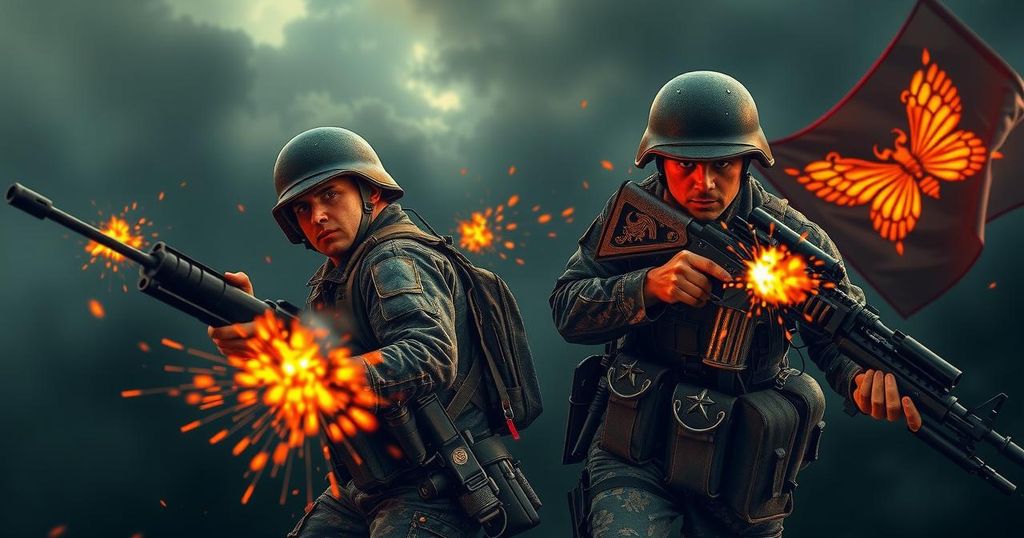A report has found that the Dutch government knowingly tolerated widespread violence by military forces during Indonesia’s fight for independence, which has raised concerns about the institutional and systemic approach to colonialism and military justice. While both sides engaged in violence, the study emphasizes the premeditated nature of Dutch actions aimed at maintaining control over Indonesia. Critics of the report argue it oversimplifies the context and broadly labels Dutch veterans as perpetrators, neglecting the complexity of the conflict and the motivations of various parties involved.
A recent report has revealed that the Dutch government and military deliberately overlooked extensive violence committed by its soldiers during the Indonesian War of Independence. This research, supported by several prestigious institutions in the Netherlands, concluded that the state’s long-standing position that such violence was limited to “excesses” is invalid. The findings indicate that systemic brutality was tolerated and often employed at various levels of authority, as the Dutch sought to decisively defeat the emerging Republic of Indonesia following its declaration of independence in 1945.
The study emphasizes that the motivations behind the violence were geopolitical and economic, fueled by colonial attitudes that viewed Indonesians as incapable of self-governance. The researchers assert that this colonial mentality resulted in a significant underestimation of Indonesian support for independence, portraying it instead as a cause fabricated by Japanese influences during World War II.
The report highlights the extreme actions taken by Dutch forces, which included extrajudicial killings, torture, and destruction of property, among others. Notably, while acknowledging violence on both sides, the researchers maintain that the Dutch state’s institutional responses favored military interests, allowing many abuses to go unpunished. The systematic oppression faced by Indonesians thus reflects a broader colonial tradition rather than a series of isolated events.
Despite the serious allegations and findings, representatives from various groups, including the Committee of Dutch Debts of Honor and the Veterans Platform, expressed dissatisfaction with the report’s perspective and its implications. These groups argue that the research presents an unfair portrayal of all veterans while neglecting to fully address the complexities of the conflict and the actions of opposing forces.
The ultimate conclusion drawn from this research indicates that the war led to the Netherlands’ international isolation and was characterized by grave misjudgments. Only under pressure from the international community did the Netherlands formally transfer sovereignty to Indonesia on December 27, 1949, realizing that military victory was unattainable. This report serves as a significant reflection on the legacy of colonialism and the need for an honest recounting of historical events in light of contemporary values.
The backdrop of this report centers on the conflict between the Netherlands and the Republic of Indonesia during the latter’s struggle for independence. Following Japan’s occupation during World War II, the Indonesian declaration of independence in 1945 ignited military reoccupation efforts by the Dutch government, which sought to reassert control over the former Dutch East Indies. The report underscores the brutal tactics employed by Dutch forces, which have long been subjects of scrutiny and debate in the context of colonial history and the implications of violence in decolonization efforts. It highlights how institutional violence during this period reflected the broader colonial mentality of the time, shaping perceptions of race and governance.
In summary, the report reveals the profound systemic violence tolerated by the Dutch government against Indonesians during the fight for independence, challenging prior narratives that minimized the extent of military brutality. This historical assessment not only affirms the immediate political and military motivations behind the violence but also underscores the lingering impacts of colonialism. The reactions from various stakeholders indicate ongoing tensions in reconciling this historical legacy, reinforcing the need for a comprehensive and candid evaluation of the past.
Original Source: nltimes.nl






